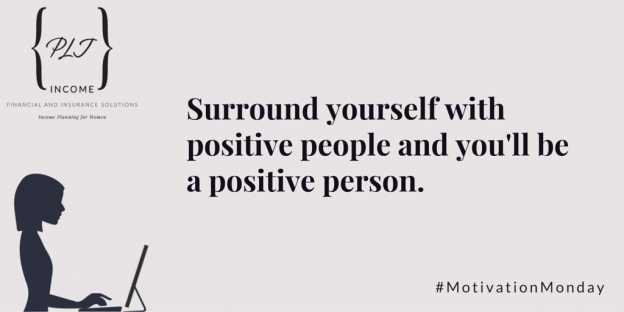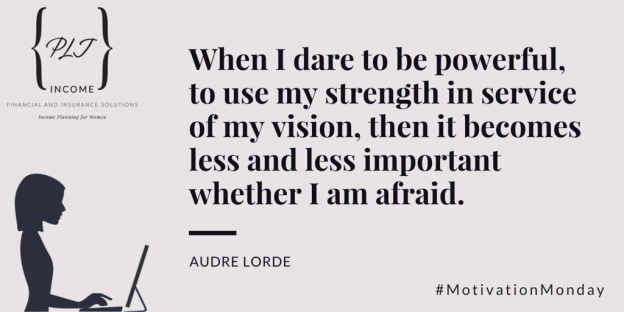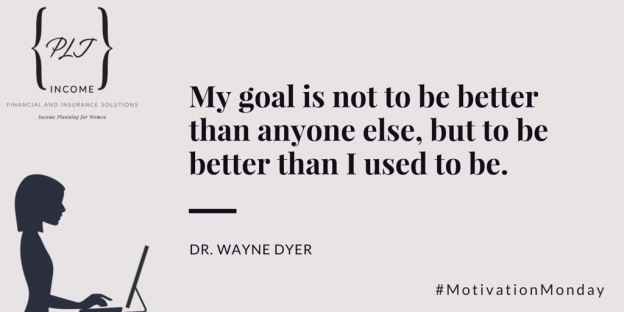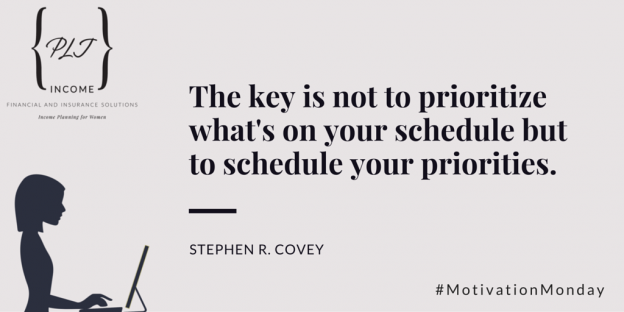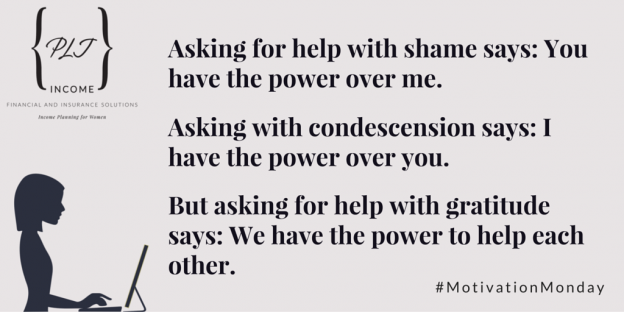The people that surround you influence you in more ways than you may know. From inside jokes to how you react to challenging situations, the opinions and moods of those around you matter more than we might realize.
Having a group of close friends who care about you is a great safety net that can allow you to face challenges with confidence.
Friendships provide support, respect, kindness, and even hard truths when they’re needed. Plus, good friends can improve your health. Several studies have shown that social support helps people cope with a wide variety of issues including stress, depression, grief, and unhealthy habits.
It’s no secret that when you spend more time around certain people, you might start to act, talk, and think like them.
This doesn’t mean that you’ll lose your individuality, but at the end of the day, you’ll acquire some traits of those who you spend a lot of time with. Of course, your friends will pick up some of your traits as well. This is why it’s important to be around people that you like and admire—people who really hold your best interest at heart.
This is a two-way street, though! Friendships are as much about giving as they are about taking. Maintaining a balance is important.
So, who are your kind of people?
What type of crowd do you like to hang out with? If you’re not sure how to answer that, think about a close friend and name three things that you like about them. Chances are, the things you like about your close friend are things you would like about other people, too. You can use those traits to find the kind of people that are right for you.
In order to make sure that you create healthy friendships with others, you should choose to spend time with good-hearted people who value their time and relationships.
For strong friendships, build your own safety net while forming part of someone else’s at the same time.
When you surround yourself with true friends, you will add more fun, support, and meaning to your life.
Keep in mind, though, that being around like-minded people doesn’t mean finding an identical copy of yourself. You’ll never find someone exactly like you, and it’s okay if you don’t share all of your interests or if you don’t agree all the time.
Like-mindedness means sharing core values, like honesty and determination, and respecting each other’s uniqueness. These traits are extremely important in a worthwhile relationship. With a safety net of strong, healthy friendships, you will always have a sense of security and support through the good times and the bad.
When Friendship Turns Toxic

Once you create a network of friendships, it’s important to remember that your work doesn’t end there.
All relationships require time and energy from everyone involved.
Sometimes, relationships will take unexpected turns. Instead of enjoying the security and support that a friendship can offer, you might realize that your friendship has taken a wrong turn. Maybe your friendship feels filled with drama or you find yourself feeling upset when interacting with that friend.
If you often feel unappreciated, guilty, worried, or any other type of negativity in your relationship, you could be dealing with a toxic person.
If you suspect your friend might be a toxic person, here are some common warning signs to look for:
– They feel the need to always be right and will not move on until you agree with them.
– They try to control and manipulate your actions and feelings.
– They make you feel guilty or doubt your own decisions (often by insisting that they are the victim no matter what the situation).
– They don’t take responsibility for issues in the relationship or their own mistakes.
– They focus on negativity in all things.
Toxic people may have a painful history or other reasons behind their actions, but there is no excuse for treating others poorly.
If you find yourself spending time with a toxic person, try to create boundaries and distance between you and the toxic person.
Protecting yourself is important. However, not every conflict means that you’re dealing with a toxic person. Everyone makes mistakes, and sadly, everyone will end up getting hurt or hurting someone one time or another, even if it’s an accident. That’s just part of being human. It’s important to reflect on your actions and to improve yourself, but you shouldn’t expect perfection from anyone, not even yourself.
As is the case with most of the topics we discuss, manipulation also happens when dealing with finances.
Toxic behavior can exist in so-called “financial advisors” who make their clients feel ashamed and uncomfortable and force them to make risky monetary moves or invest in something they don’t want.
When the client wants out, these advisors use guilt to convince them to stay. In a case like this, nobody wins. The client loses financial stability, the “advisor” loses respect, and both lose valuable time.
Someone that cares for you won’t guilt you of force you into anything.
Pay close attention to the warning signs of toxic relationships, and if you happen to be around toxic people, create a healthy distance and move on.
It is possible to find people who add to your life instead of subtracting from it. Cherish those healthy relationships if you have them, and make an effort to find them if you don’t.
You’re in charge of your life.
You have the power to influence people through your actions and words, and you get to decide how you should be treated. You should show them what’s okay and what’s not in your book.
Be with your kind of people and enjoy life.



